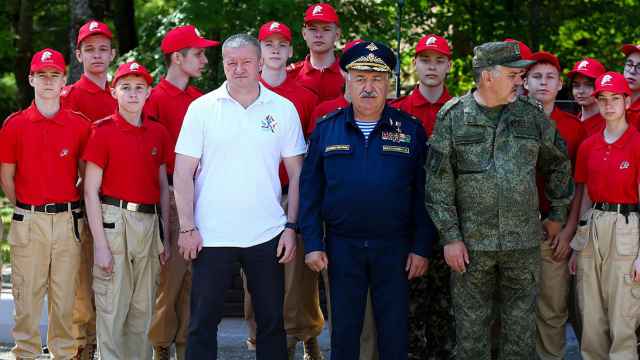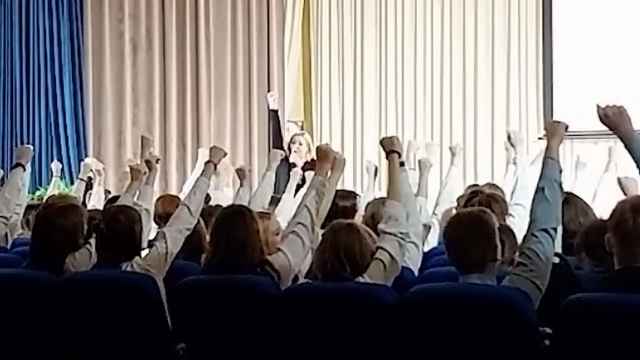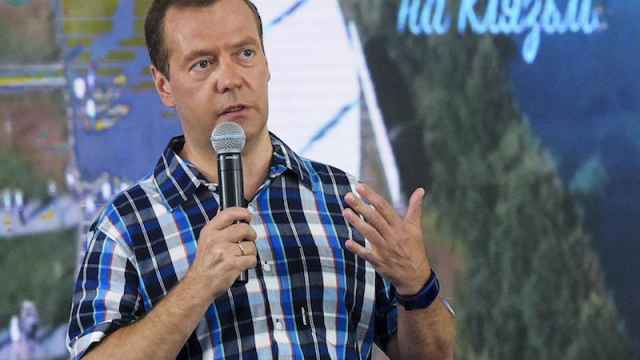Russian authorities have started collecting the personal data of academics who are in contact with foreigners, the independent investigative outlet Mozhem Obyasnit reported Thursday.
The practice was compared to that of the Soviet era, when contacts between Russians and foreigners were strictly monitored.
It also comes amid what the UN has called an alarming rise in Russia’s treason and espionage arrests since the 2022 invasion of Ukraine.
Russia’s Education and Science Ministry last Thursday circulated a letter to universities requiring them to fill out forms on students and academics who took part in international scientific events in 2023, according to Mozhem Obyasnit.
An attached fill-out form asks for “detailed information about the contingent of participants at international congress and exhibition events organized or attended by a Russian academic or scientific institution.”
Mozhem Obyasnit said it confirmed the letter’s authenticity with a ministry employee who asked to remain anonymous. The ministry itself has not publicly commented on the reported data-gathering process.
“I’ve dealt with similar tasks in the past, but this is the first time I’ve come across lists of this scale,” the employee was quoted as saying.
They estimated that Russia’s Education and Science Ministry could end up collecting data on “tens of thousands if not hundreds of thousands” of academics by the Dec. 22 deadline it has imposed.
But in addition to cracking down on “inappropriate contacts” or restricting foreign travel, the list could be used by Russia’s intelligence services to recruit agents, according to Mozhem Obyasnit’s ministry source.
“This is a timeless Soviet practice when [academics] are sent abroad for illegal undercover work either as students or immediately afterward,” they were quoted as saying.
A Message from The Moscow Times:
Dear readers,
We are facing unprecedented challenges. Russia's Prosecutor General's Office has designated The Moscow Times as an "undesirable" organization, criminalizing our work and putting our staff at risk of prosecution. This follows our earlier unjust labeling as a "foreign agent."
These actions are direct attempts to silence independent journalism in Russia. The authorities claim our work "discredits the decisions of the Russian leadership." We see things differently: we strive to provide accurate, unbiased reporting on Russia.
We, the journalists of The Moscow Times, refuse to be silenced. But to continue our work, we need your help.
Your support, no matter how small, makes a world of difference. If you can, please support us monthly starting from just $2. It's quick to set up, and every contribution makes a significant impact.
By supporting The Moscow Times, you're defending open, independent journalism in the face of repression. Thank you for standing with us.
Remind me later.






